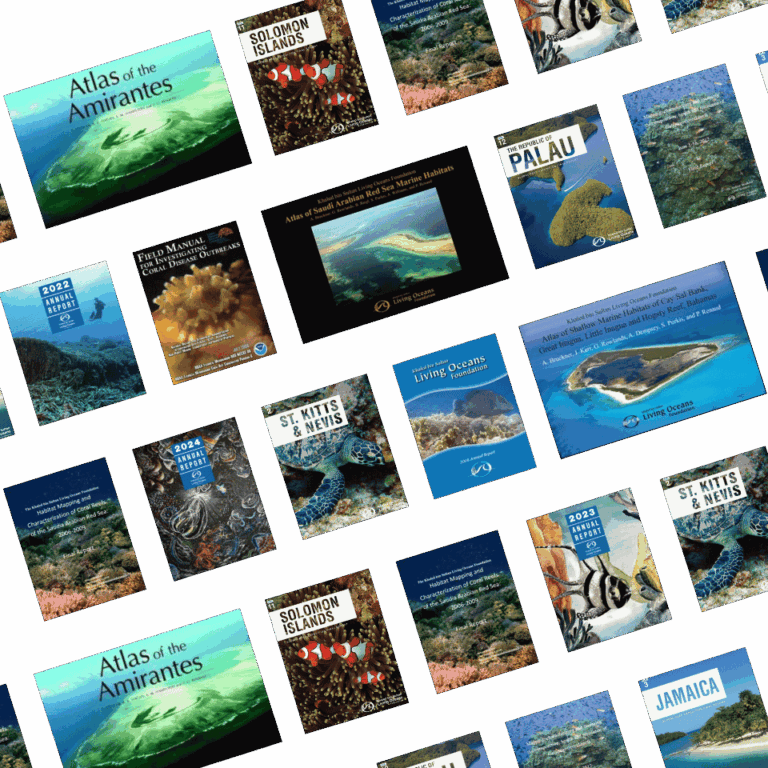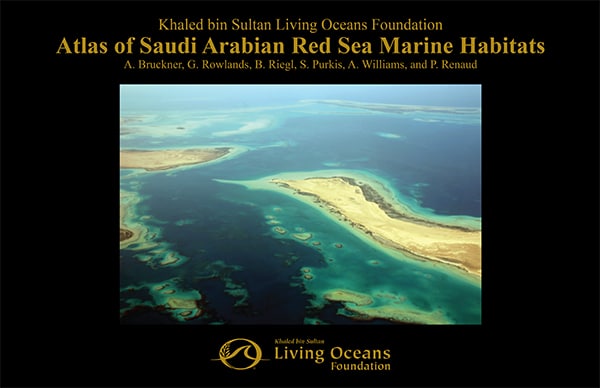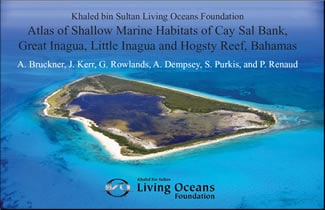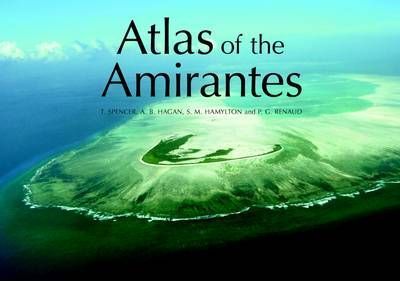Publications
Research to Support Marine Conservation
Publications
Research to Support Marine Conservation

PUBLICATIONS
Research That Drives Real-World Impact
The Khaled bin Sultan Living Oceans Foundation has conducted extensive marine research, contributing to hundreds of peer-reviewed scientific publications and producing a wealth of reports, maps, and management resources. Our research provides critical insights into the health and resiliency of coral reefs worldwide, supporting conservation efforts, policy decisions, and sustainable management of coastal marine ecosystems.
In addition to peer-reviewed studies, we have published reports summarizing our scientific findings in key locations, atlases mapping coral reef and coastal marine habitats, and resources designed to assist marine managers in safeguarding their reefs. These publications have been shared with governments, conservation organizations, and local communities to help guide marine conservation initiatives.

Marine Atlases
Our atlases of coral reefs and other shallow-water marine habitats are a showcase of our work in a region, containing comprehensive color maps of the seafloor along with a summary of our scientific findings on the health and resiliency of their marine ecosystems.
Atlases are a final product of our scientific research, the culmination of all of our coral reef surveys and mapping activities, available in a form governments can use to make decisions about how they use their coastal lands and waters. To date, the Khaled bin Sultan Living Oceans Foundation has published three Atlases, the Red Sea Atlas, the Bahamas Atlas, and the Atlas of the Amirantes:
Red Sea Atlas
Over a four-year period, the Living Oceans Foundation led a massive marine habitat research mission in the Red Sea. The results of our surveys are published in the Atlas of Saudi Arabian Red Sea Marine Habitats, the first-ever atlas covering all of Saudi Arabia’s coral reef habitats in the Red Sea. It is available for download in both English and Arabic.
The Bahamas Atlas
The Atlas of Shallow Marine Habitats of Cay Sal Bank, Great Inagua, Little Inagua, and Hogsty Reef, Bahamas, is the result of months of underwater research to survey and map the seafloor. The Bahamas Atlas combines advanced satellite imagery, aerial photography, and data from hundreds of research dives into the first high-resolution coral reef ecosystem maps of many Bahamian reefs.
The Atlas of the Amirantes
In 2005, the Living Oceans Foundation traveled to the Seychelles, a 115-island archipelago in the Indian Ocean, to study the impact of an El Nino Southern Oscillation (ENSO) ocean warming event on their coral reefs. The Atlas of the Amirantes contains high-resolution benthic habitat maps that were created from this research project for the purpose of aiding the Seychelles government in marine conservation efforts and management plans, the result of months of underwater research to survey and map the seafloor.
Scientific Publications
We are committed to making our research accessible to those working to protect the ocean. Scroll down to browse our publications by location and/or research topic to explore our findings. If you need additional information, you can request data to support your marine research and conservation efforts.
Mayfield, A.B., Dempsey, A.C. Machine-learning algorithms for identifying climate-resilient corals in the Republic of Palau. Discov Oceans 2, 45 (2025). https://doi.org/10.1007/s44289-025-00080-7
Kalman, A., Humphreys, A. F., Adams, Z., Ames, R., Marín, A. R., Dempsey, A. C., & Purkis, S. J. (2025). Foraminifera record historical coral-algal phase shifts on Caribbean coral reefs. Marine Environmental Research, 211, 107437. https://doi.org/10.1016/j.marenvres.2025.107437
Bakker, A.C.B., Gleason, A.C.R., Dempsey, A.C., Bachman, S., Burdick, D., Tarano, A.M., Chirayath, V., & Purkis, S.J. (2024). “Remotely sensed spectral variability predicts reef fish diversity.” Ecological Indicators, 169, 112823. https://doi.org/10.1016/j.ecolind.2024.112823
Anna C. Bakker, Arthur C.R. Gleason, Alexandra C. Dempsey, Helen E. Fox, Rebecca H. Green, Sam J. Purkis, (2024). “Remotely sensed habitat diversity predicts species diversity on coral reefs,” Remote Sensing of Environment, Volume 302, 2024, 113990, ISSN 0034-4257, https://doi.org/10.1016/j.rse.2024.113990.
Serge, A., Maële, B., Stéphane, G. et al. (2024). “Evaluation of the Allen Coral Atlas benthic habitat map product for New Caledonia using representative habitat observations from a multi-species fishery assessment.” Coral Reefs. https://doi.org/10.1007/s00338-024-02481-0.
Sam J. Purkis, Steven N. Ward, Nathan M. Fitzpatrick, James B. Garvin, Dan Slayback, Shane J. Cronin, Monica Palaseanu-Lovejoy, and Alexandra Dempsey (2023). “The 2022 Hunga-Tonga Mega-tsunami: Near-Field Simulation of a Once-in-a-Century Event.” Science Advances.
Mayfield, A.B.; Dempsey, A.C. Environmentally-Driven Variation in the Physiology of a New Caledonian Reef Coral. Oceans 2022, 3, 15–29. https://doi.org/10.3390/oceans3010002
Purkis, S. J., Ward, S. N., Shernisky, H., Chimienti, G., Sharifi, A., Marchese, F., et al. (2022). Tsunamigenic potential of an incipient submarine landslide in the Tiran Straits. Geophysical Research Letters, 49, e2021GL097493. https://doi.org/10.1029/2021GL097493
Humphreys, A.F., Purkis, S.J., Wan, C. et al. A New Foraminiferal Bioindicator for Long-Term Heat Stress on Coral Reefs. J. Earth Sci. 33, 1451–1459 (2022). https://doi.org/10.1007/s12583-021-1543-7
Humphreys, A.F., Abdulla, A., Sherman, S. et al. Amphistegina lobifera foraminifera are excellent bioindicators of heat stress on high latitude Red Sea reefs. Coral Reefs 41, 1211–1223 (2022). https://doi.org/10.1007/s00338-022-02264-5



